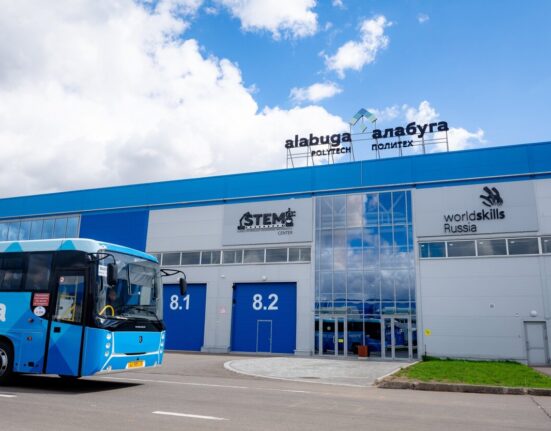The European Union and Tajikistan held their eleventh annual Cooperation Committee meeting on 16 July in Dushanbe.
As reported by the Delegation of the European Union to Tajikistan, the two sides reviewed their bilateral relations, exchanged views on the most topical political and socio-economic developments, and discussed cooperation in a vast array of areas, including water, environment, energy, trade, and investment.
Noting the positive trajectory of the bilateral EU-Tajik agenda, the parties took stock of the ongoing negotiations of the EU-Tajikistan Enhanced Partnership and Cooperation Agreement (EPCA), which they aim to finalise in the near future. The EPCA will deepen the existing EU-Tajik partnership and expand bilateral cooperation into new areas, bringing the relations to a new, more ambitious, level. The EU confirmed its continued support to the stability and prosperity of Tajikistan and its reform efforts.
It was highlighted that progress in the area of human rights and fundamental freedoms is essential for the benefit of the Tajik society. The EU expressed appreciation for the adoption by the Tajik Government of the first National Human Rights Strategy until 2038 and Action Plan for 2023-2025 and stressed the importance of following up to the recommendations issued by UN and OSCE specialised bodies in the area of fundamental freedoms. The EU also recalled the importance to thoroughly investigate human rights violations, especially in the Gorno-Badakhshan Autonomous Region (GBAO) and expressed its concern about the imprisoned human rights defenders, journalists and bloggers.
Reviewing their bilateral and regional development cooperation, the sides recalled the EU Budget Support programme for Technical and Vocational Education and Training and the two Team Europe Initiatives (by EU and its Member States) on Water, Energy and Climate Change and on Digital Connectivity, which have the potential to greatly contribute to the development of Tajikistan. The EU supports the development of the vast hydropower potential of Tajikistan, as well as its efforts to improve water and irrigation management. EU support will also focus on trade facilitation along the Trans-Caspian Transport Corridor, and explore possibilities for Critical Raw Materials engagement. The EU encouraged Tajik participation in EU-funded academic mobility and scientific research programmes such as the Horizon Europe and Erasmus+ programmes.
The EU also encouraged regional cooperation among Central Asia countries, welcoming Tajikistan’s constructive role for deepening cooperation within the region and beyond, in particular in the regional electricity market.
The Cooperation Committee was co-chaired by the Deputy Minister of Economic Development and Trade Mr. Ahliddin Nuriddinzoda and European External Action Service Deputy Managing Director Mr. Luc Devigne.




